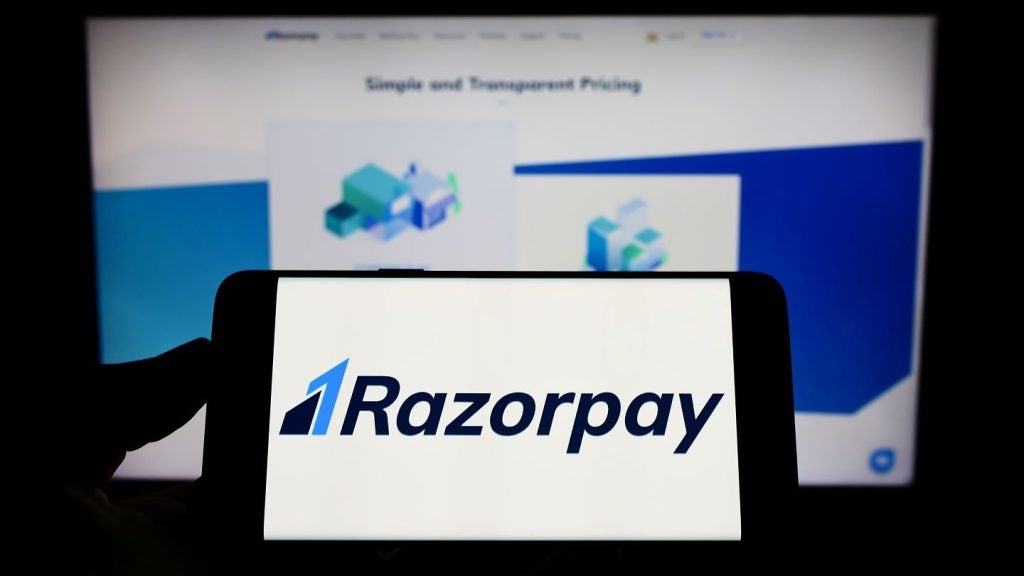
Around 71% of emissions in the financial services (FS) sector fall into Scope 3 (indirect emissions), a new GlobalData report reveals.
The Net Zero Strategies in Financial Services report examines 20 leading FS companies with large emissions reduction targets and notes that, while all of them provide Scope 3 disclosures, they have predominantly focused on business travel, preventing a full picture from being ascertained.
Within this limited picture, an analysis of reduction targets, strategies, progress towards net zero and quality of reporting leads GlobalData to argue that Mastercard, JP Morgan Chase, AXA and Bank of America are among the leaders in the “race to net zero,” while Elevance Health, HSBC and Marsh McLennan are behind the pack.
The kinds of Scope 3 emissions that FS firms produce vary depending on their specific provision. For instance, large amount of banks’ emissions will be from projects and companies they finance, whereas payment companies will have to work with suppliers to encourage them to disclose and reduce emissions.
The difficulty faced in doing so is that the methods of calculating emissions are diverse, and smaller suppliers are often asked to produce reports to different standards by their various clients, making it prohibitively costly to engage with emissions reductions.
This may make targets like Elevance Health’s target to get 70% of its suppliers to set science-based emissions targets by the end of financial year 2023 challenging.

US Tariffs are shifting - will you react or anticipate?
Don’t let policy changes catch you off guard. Stay proactive with real-time data and expert analysis.
By GlobalDataFinanced emissions are a little simpler, though they still rely on often estimated company emissions. The report details the Partnership for Caron Accounting Financials (PCAF) reporting standard, developed in 2019 and now the most widely adopted in the industry.
This framework calculates Scope 3 emissions for banks and other funding institutions as an FS company’s “invested proportion of a client’s value multiplied by that client’s absolute emissions.”
This formula’s simplicity makes it easy to apply and calculate, but it has faced criticism as it relies on the financed company accurately reporting its own emissions and it is difficult to reduce financed emissions without reducing investment. This may be desirable in cases where the industry has a large or inevitable exposure to emissions like fossil fuels, but in other sectors, a greater dialogue is needed.








